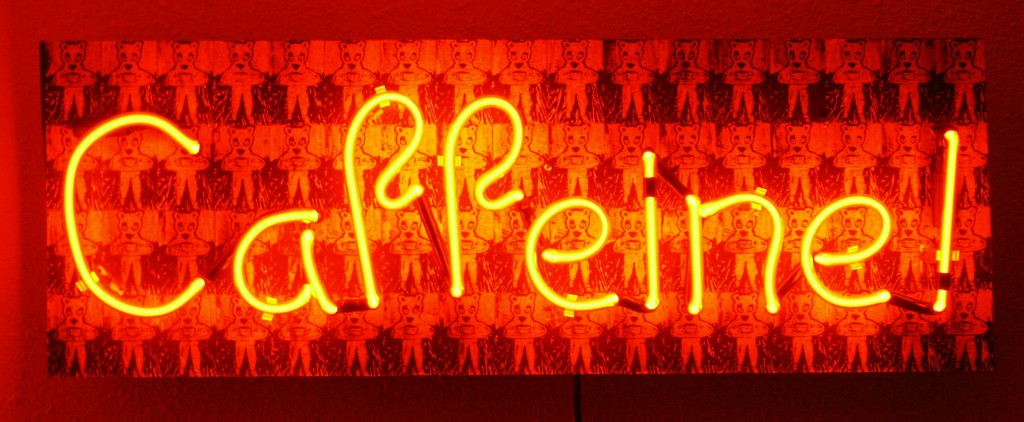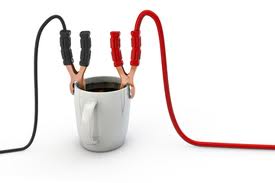Do you really need that morning cup of coffee? Have you tried and failed to give up? Caffeine is the most widely consumed mind-altering substance in the world and, for some people, one of the hardest to quit. Now a new study from Virginia University has added to the evidence that it could be down to genetics. In the family
In the family
After noticing that people seemed to have the same coffee consumption habits as their parents, scientists wondered if they might be inheriting more than just social habits. Dr. Carol Prescott, who specialises in twin studies, compared the caffeine consumption habits of 821 pairs of twins and found a high degree of similarity within the pairs. “The amount of caffeine people drink isn’t necessarily just learned from our parents. We do seem to replicate their tastes,” she concluded.
Caffeine Use Disorder
The study concluded just as another study, led by Dr. Laura Juliano at American University in Washington, D.C., showed that some people suffer severe withdrawal symptoms if they try to reduce their caffeine intake. Referring to this as ‘Caffeine Use Disorder’, Dr. Juliano suggested that improved labelling on caffeinated drinks could help people avoid developing problem habits, but said that some people may need outside help and support if they wanted to give it up. Although other research suggests that caffeine can have positive health benefits if consumed in moderation, some people are advised to avoid it if they have serious health conditions such as a history of stroke.
Genes and caffeine
In 2011, a genetic study and review of existing scientific work on coffee addiction, led by Dr. Neil Caporaso of the National Cancer Institute in Rockville, M.D., found two genes that seem to influence how caffeine affects people. The first, called CYP1A2, affects the way the liver breaks down caffeine. The second, AHR, regulates the process. Both this genes are present in everyone, but in some people they are more active than in others, and this level of activity is inherited.
This means that if you have active versions of both genes or neither gene, you will metabolise caffeine slowly. If you have highly active CYP1A2 but not very active AHR, you will metabolise caffeine fast and feel a much stronger kick from drinking coffee. Evidence from the study of other addictive substances suggests that people who get more of a kick are at greater risk of getting hooked. If your first cup of coffee is used up fast, you’re likely to want another one sooner than somebody who absorbs it more slowly.
“You might think, I drink caffeine to feel good, or not to feel bad, but that, in turn, is established by how fast your liver breaks down the caffeine,” says Dr. Caporaso. “If your liver breaks it down very rapidly, then likely you drink more.”
Caffeine and you
In response to these recent discoveries, genetic testing companies have started offering tests that look at the enzymes controlled by CYP1A2, so they can tell their customers what type of caffeine drinkers they are. Alternatively, you could just make a drink from a Tassimo coffee machine and see how long it takes for you to start wanting another one. Slow metabolisers are generally happy with six or fewer cups per day.
If you find it hard to keep track of your coffee drinking, there are mobile phone apps designed to help. You can even get apps that try to calculate how fast you absorb caffeine and use that to work out how much you should be drinking.

